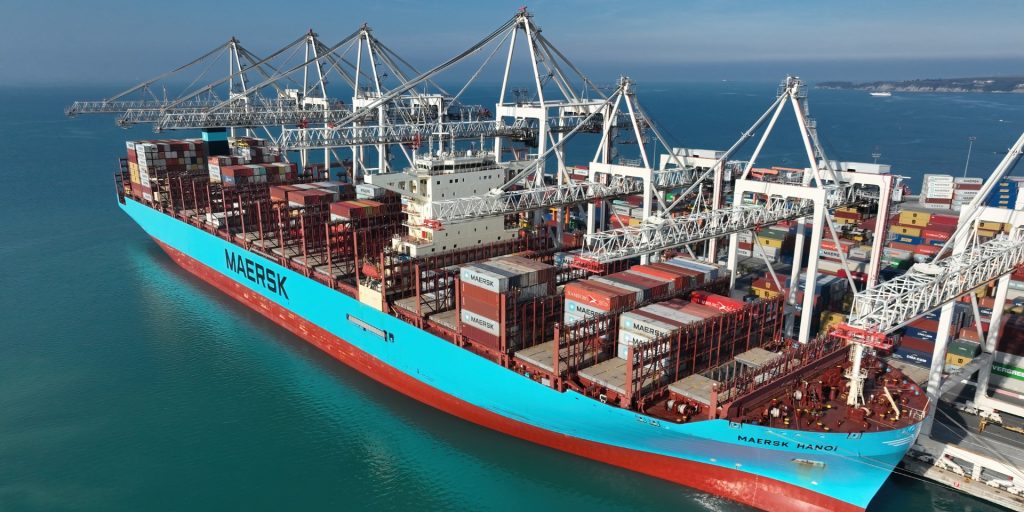AI technology could revolutionize the shipping industry.
Others are reading now
According to new research, the global commercial shipping industry could cut its carbon emissions by 47 million tonnes annually by using artificial intelligence (AI) for sea navigation.
This finding comes from a study conducted by the autonomous shipping startup Orca AI.
How AI Reduces Emissions
AI technology can alert crews in real-time about high-risk marine targets like vessels, buoys, and sea mammals.
This reduces the need for unnecessary maneuvers and route deviations, optimizing voyages and minimizing fuel consumption.
Also read
Shipping accounts for about 90% of global trade and nearly 3% of the world’s carbon dioxide emissions.
Without stricter pollution controls, this share is expected to increase.
The International Maritime Organization (IMO) aims to cut emissions by 20% by 2030, a goal currently threatened by the ongoing Red Sea crisis.
Benefits of AI in Shipping
“In the short term, it can lead to fewer crew members on the bridge, while those who are on the bridge will have a reduced workload and more attention to tackle complex navigational tasks, optimizing the voyage and reducing fuel and emissions,” Orca AI CEO Yarden Gross told Reuters.
“In the long term, it will open the door to fully autonomous shipping.”
In 2022, global carbon dioxide shipping emissions were estimated at 858 million tonnes, a slight increase from the previous year, according to the Organization for Economic Cooperation and Development. On average, 2,976 marine incidents are reported annually, according to Orca AI’s study.
Implementing AI could help ships avoid 38.2 million nautical miles of travel each year, saving an average of $100,000 in fuel costs per vessel.
AI could also reduce close encounters in open waters by 33%.








